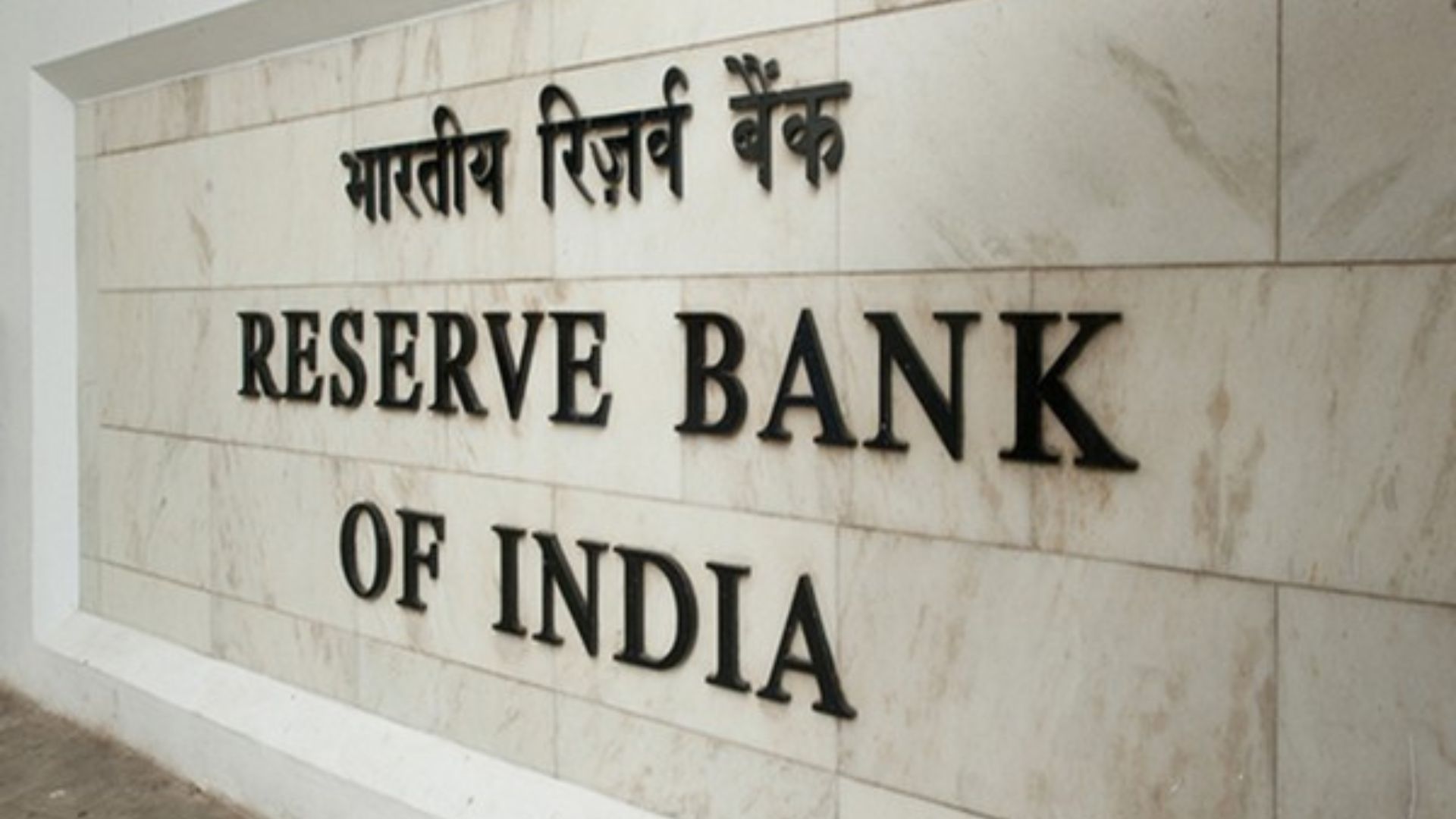First the good news. Recently conducted survey by FICCI reveals that the Overall Business confidence Index is at a decadal high of 74.2. Now, the bad news. COVID keeps coming back and we may have to live with it. The world is already undergoing a change but it is difficult to predict what will finally emerge. As of now, even the end to this scourge does not appear to be in sight but one day it will. However, are we preparing ourselves when the world does come out of the crisis or starts living with it? Yes, there is bound to be greater focus on health care. It has been long overdue in India. It is a wake-up call. The biggest sufferers of the lockdown have been the poor unorganized workers, most of whom are daily wage earners. There were horrid stories about those that attempted to migrate back to their villages to be with their families. The country will have to seriously think in terms of social security for such workers, another long over-due intervention.
There are, however, a few opportunities that appear to be emerging. News is filtering from a number of countries that they want to withdraw their investment from China. Can India become a destination for such investment? Can we leverage the new business confidence? Some states have gone ahead with the suspension of certain labour laws to become attractive for investments. But the key question is whether labour laws are the primary inhibiting factor in promoting investment? (Ironically, the states are now competing with each other in the retrograde step of reserving jobs for the ‘locals’). I had tweeted some time ago: “The world is mighty upset with China on account of COVID 19. This presents a huge opportunity for India as many Companies plan to shift out of China. Let us prepare the ground forthwith to welcome such investment into India. Let us try and make life easy for investors. (We must also appreciate the difference between business “confidence” and “making-life-easy”. Former relates to the potential whereas the latter one relates to actual conditions on the ground) It can be done”. The world will keep debating about the “role” of China in the emergence and spread of this virus but it is clear that a large number of countries have already started thinking in terms of shifting their investments out of China. Can India seize this opportunity? (We have indeed created a lot of goodwill around the world by supplying the COVID vaccine to a number of countries.) In my understanding, it can but the key question is, how?
The steps announced by the Reserve Bank of India a few months ago have the potential to impact investors within the country even though these steps are limited to creating additional liquidity that need not necessarily lead to investments. There is an argument that liquidity was not the major factor even before the arrival of COVID. It was more on account of the “fear” factor and the lack of demand. COVID will only aggravate the problem of lack of demand. However, the “fear” factor can and should be tackled.
The Government will have to consider the following steps forthwith to attract international investment (These steps will also help revive the sentiments for domestic investors)
Revive the Project Monitoring Group (PMG) in letter and spirit. This Group came into existence during UPA II and managed to do what was unthinkable during that time when scams were breaking out every other day. Enforcement agencies were hounding civil servants and decision making had come to a grinding halt. Clearance of various projects were stuck. By putting in place a transparent web-based mechanism for clearances and by engaging intensively with the State Governments to expedite clearances, projects worth more than Rs 5 lakh crores were cleared in a period of 15 months. Both the premier Chambers of Commerce and Industry (CII and FICCI) wrote to the Prime Minister “the PMG has been playing an exemplary role in getting the necessary approvals and clearances for projects that have been stalled”. There was also a request from these chambers to expand the mandate of PMG.
Make all clearances time-bound and process transparent. This is already being attempted by Samagra Foundation in Haryana in close co-ordination with the State Government. These processes need to be understood, replicated and scaled in other states as well.
Streamline all the processes of clearances. With the data getting generated at the PMG, the bottlenecks can be clearly identified.
Don’t suspend operation of Labour Laws as this will create wrong impression all over the world about our concern for this vulnerable section of the society. The workers are already suffering on account of the lockdown. The problem is not as much with the laws as with their implementation. The problem is with the “inspector raj” that can easily be dispensed with without conveying our lack of concern for legitimate rights of the labour force.
Refrain from reserving jobs for the “locals”. Mobility of labour should not be restricted but needs to be encouraged.
The aforementioned steps will provide comfort to the investors. These steps do not require any legislation or any amendment to an existing legislation. This can be done forthwith. The investor will have at his disposal an institutional mechanism which he can approach in case he runs into a problem. Over a period of time, as the processes become streamlined and digitalized, the role of PMG will also undergo a change.
The Budget for 2021-22 has already sent the right signals to the investing community. The stock market is upbeat. All this will need to be leveraged. Steps will have to be taken to revive construction activities. Construction sector is the biggest employment-creator. The precipitous fall in petroleum prices (though on the rise again) and the consequent reduction in bitumen price can be leveraged. Government will be well advised to make all the payments due expeditiously.
There have been efforts on the part of the government to revive the economy but the key really is the sentiment that will help private investor (both domestic and international) feel “comfortable”. Road-shows did not help in that past. They will not help now. What will help is action on the ground. It can be done. It should be done in the interest of the country and its people.
Anil Swarup has served as the head of the Project Monitoring Group, which is currently under the Prime Minister’s Offic. He has also served as Secretary, Ministry of Coal and Secretary, Ministry of School Education.













